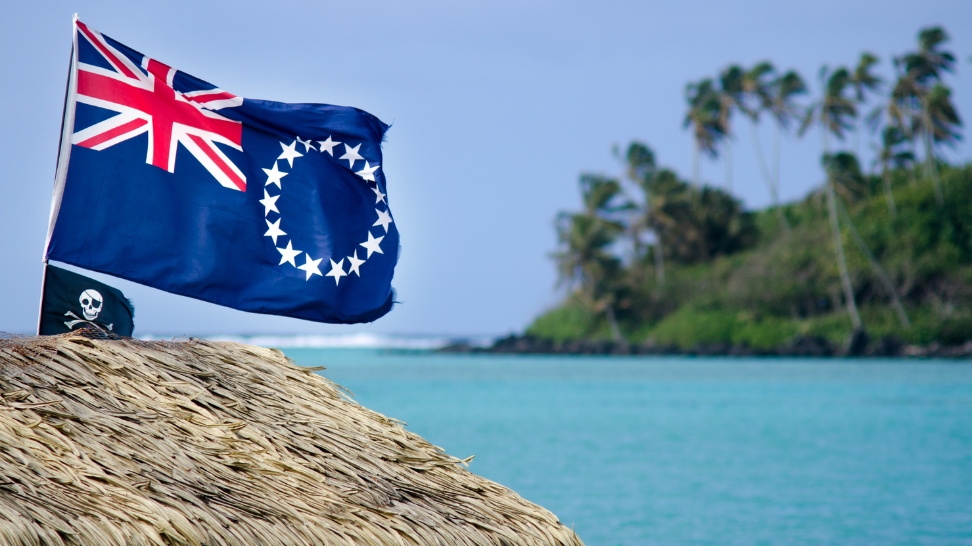You would like to set up a trust but aren’t sure whether to stick with a domestic one or send your assets overseas with an offshore trust. Sticking with an offshore trust is the right move if you’d rather not risk losing your assets to an overzealous creditor.
In this guide, you’ll learn the ins and outs of offshore trusts, including who they’re designed for, when to use an offshore trust and the many perks of opening a trust in a foreign jurisdiction.
Who Should Use an Offshore Trust?
Maybe the thought of using an offshore trust makes you a bit nervous. You don’t like the idea of putting your assets out of reach in a foreign country and would feel more comfortable keeping things closer to home in the U.S.
Domestic trusts, however, offer a false sense of security. In the event that someone sues you or a creditor makes a claim against your assets, you could lose everything you worked so hard for in a heartbeat. That’s why domestic trusts are largely only ideal for people who want to spare their loved ones from probate. When it comes to safeguarding assets, however, they fail to live up to that standard of protection.
Offshore trusts can benefit:
- People who work in high-risk professions that are prone to lawsuits, such as law and medicine
- Those who own international property or investments and want additional security for their assets
- Individuals who want a tax benefit while protecting their assets for future generations
An Offshore Trust Keeps Valuable Assets Away From Creditors
Imagine you’re a high-net-worth business owner who has worked hard to build wealth for themselves and later generations. Over time, though, your business goes south, and you can no longer make payments on your debts. Your creditors want their money, so they file lawsuits against you.
If your assets are in a domestic trust (or no trust at all), and your creditors win, those assets are ripe for the taking. You could lose your savings, investments, car, or other property.
Had you placed your assets in an offshore trust, on the other hand, they’d be out of the reach of creditors. Many offshore jurisdictions, like the Cook Islands, make it very difficult for creditors to take assets thanks to short statutes of limitations. Some jurisdictions also require creditors to file lawsuits locally, which is expensive and time-consuming, so many won’t bother.
Shield Your Assets From Prying Eyes
Suppose you don’t want anyone to know what assets you have or who your beneficiaries are. This is understandable because if a creditor can see your assets, it can go after them. It’s all too easy for creditors to figure out what assets you’re holding in a domestic trust.
With an offshore trust, the trust owns the assets instead of you. So even if a creditor were to snoop in your finances, they wouldn’t see a thing. Creditors can’t go after assets they don’t know exist.
Many offshore jurisdictions also have stringent privacy laws regarding who can access or look at your trust. In some places, not even the government can peek inside your trust.
Safeguard Your Family’s Financial Future
You’re probably not too worried about estate planning if you don’t own too many assets (maybe just a small bank account and your house). But if you’re wealthy, you’re probably concerned about how to protect your assets for your family to enjoy. That’s especially true if you have enough wealth to provide for multiple generations.
Thanks to the robust security protections of offshore trusts, you won’t have to worry about creditors snatching your assets before your family can use them. Several offshore jurisdictions have clauses that allow trusts to remain open indefinitely so they can keep protecting your assets long after you’re gone.
Offshore trusts also offer certain advantages to beneficiaries living in different countries. For example, if your daughter lives in Spain, you could use an offshore trust to limit double taxation. And if you have multiple beneficiaries who reside in various countries with conflicting inheritance laws, setting up trusts in each of their countries could be disadvantageous. However, creating an offshore trust in a single jurisdiction helps you manage your estate plan by keeping it under a single legal framework.
How Offshore Trusts Save the Day
Wondering when to use an offshore trust? If you have assets to protect and family you want to provide for, an offshore trust makes a lot of sense.
There’s no better way to illustrate how offshore trusts can benefit you than with a few examples. Here are some real-world scenarios in which individuals could benefit from an offshore trust:
- Marty is a doctor who lives in Texas, one of several states that don’t require medical professionals to have malpractice insurance. Due to the cost, he decides to forgo insurance and instead place his personal assets into an offshore trust. One day, a patient sues him for malpractice. Had Marty not set up an offshore trust, the plaintiff may have been able to seize his personal assets. But because Marty had the foresight to open an offshore trust, his personal assets remain out of reach.
- Janet is an international investor who makes big bucks snapping up properties in various countries and renting them out. She’s afraid someone might sue her, so she places her properties into an offshore trust. When someone does indeed file a claim against her, those properties aren’t up for grabs because the trust legally owns them.
- Greg is a millionaire with a big family and wants to ensure everyone enjoys their fair share of his wealth when he’s gone. He wants to keep the names of his beneficiaries private to protect them from unscrupulous characters who might one day hound them for money. He opens an offshore trust in the Cook Islands, preventing anyone from knowing his beneficiaries or peeking at his assets.
Does an Offshore Trust Make Sense for You?
Should you open an offshore trust? If you still can’t decide, here are some factors to consider:
- Asset types: Offshore trusts are excellent for individuals with a varied asset profile. You can store almost any type of asset in an offshore trust, including bank and savings accounts, crypto, stocks and bonds, investment portfolios, real estate, and intellectual property.
- Risk level: Think offshore trusts are riskier than domestic ones because they’re overseas? The opposite is true. Domestic trusts can and have been compromised, whereas offshore trusts offer many more protections.
- Regulatory preferences: Would you prefer your trust to be under U.S. or foreign jurisdiction? Remember, many foreign jurisdictions have stricter privacy laws than the U.S. and don’t recognize non-local court judgments.
- Long-term goals: What’s your plan for your wealth? If you have a large family or want to pass assets down to your great-great-grandchildren, an offshore trust may make sense for you.
Although offshore trusts offer plenty of appealing perks, they’re not right for everyone. For example, maybe you’re uncomfortable putting your assets in the hands of a foreign trustee.
If you’ve hit a roadblock trying to figure out when to use an offshore trust, consult an asset protection firm such as Blake Harris Law.





